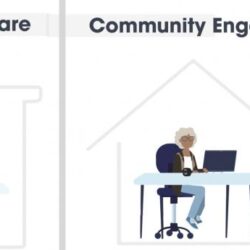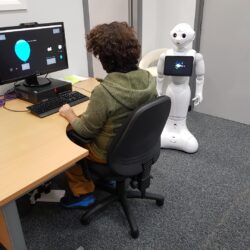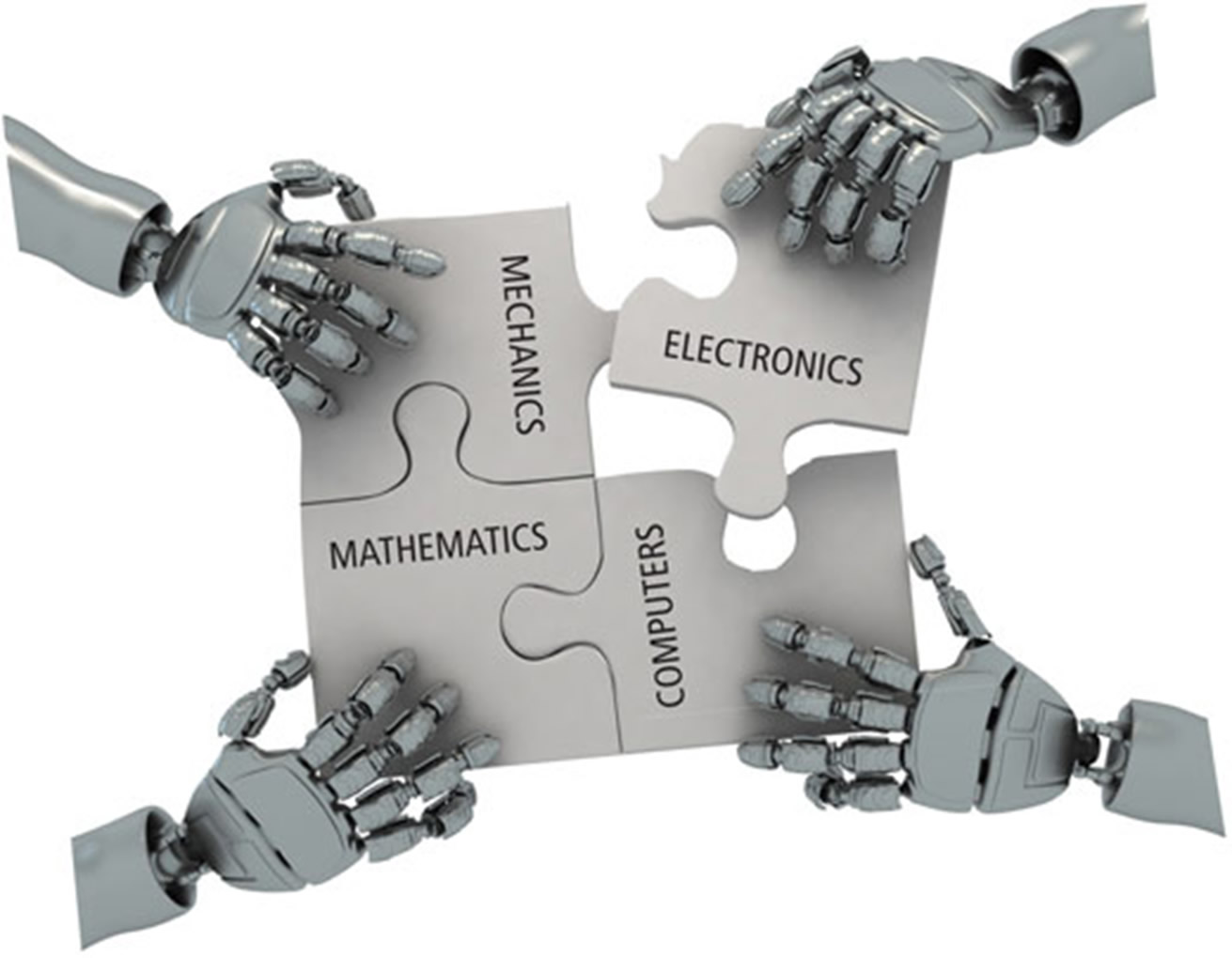New haptics technologies for telemanipulation
Researchers at UC San Diego, UCLA, UC Irvine and San Diego State University have been awarded a $1.2 million UC Multicampus Research Programs and Initiatives (MRPI) grant to develop an advanced class of mobile telemanipulation robots. These easy-to-operate, low-cost robots called UC Iris will be used to grasp objects, open doors and perform other tasks Read more about New haptics technologies for telemanipulation[…]


